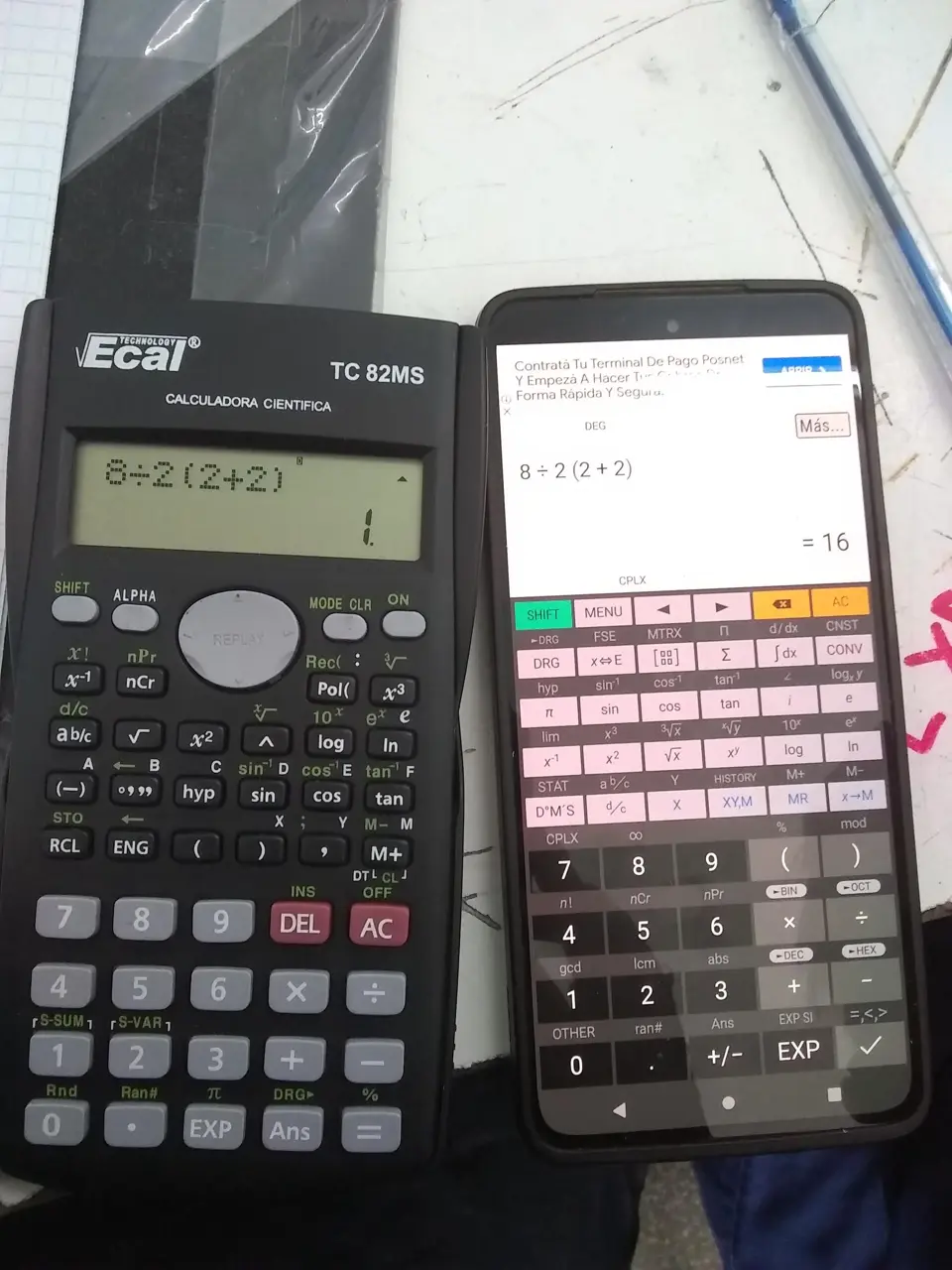this post was submitted on 03 Dec 2023
420 points (99.8% liked)
196
17009 readers
1129 users here now
Be sure to follow the rule before you head out.
Rule: You must post before you leave.
If you have any questions, feel free to contact us on our matrix channel.
founded 2 years ago
MODERATORS
you are viewing a single comment's thread
view the rest of the comments
view the rest of the comments

I don't think the problem is conditional probability, it's translating word problems to maths problems.
If you make the assumptions I made, the maths is unambiguous. Namely, I assumed that a child has a 50/50 probability of being born a boy or a girl. I assumed the child who opens the door is random. I don't think I made any other assumptions that could have been made any other way. With those assumptions, I'm pretty confident my answer is the only correct one, though I'd love to see an argument otherwise.
If the probability of a child being a girl is different, say, 52%, that will affect the result.
More interestingly, if the probability of which child opens the door is different, that will affect the result. If there's a 100% chance the elder child opens the door, it goes to 50/50 of the gender of the second child. This makes it like the "coin on the left" example you gave.
If we said the elder child is going to open the door 75% of the time…well, the maths becomes more complicated than I can be bothered with right now. But it's an interesting scenario!